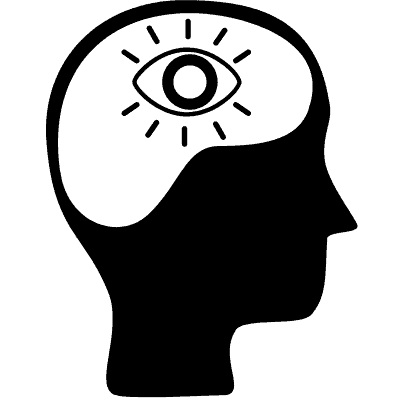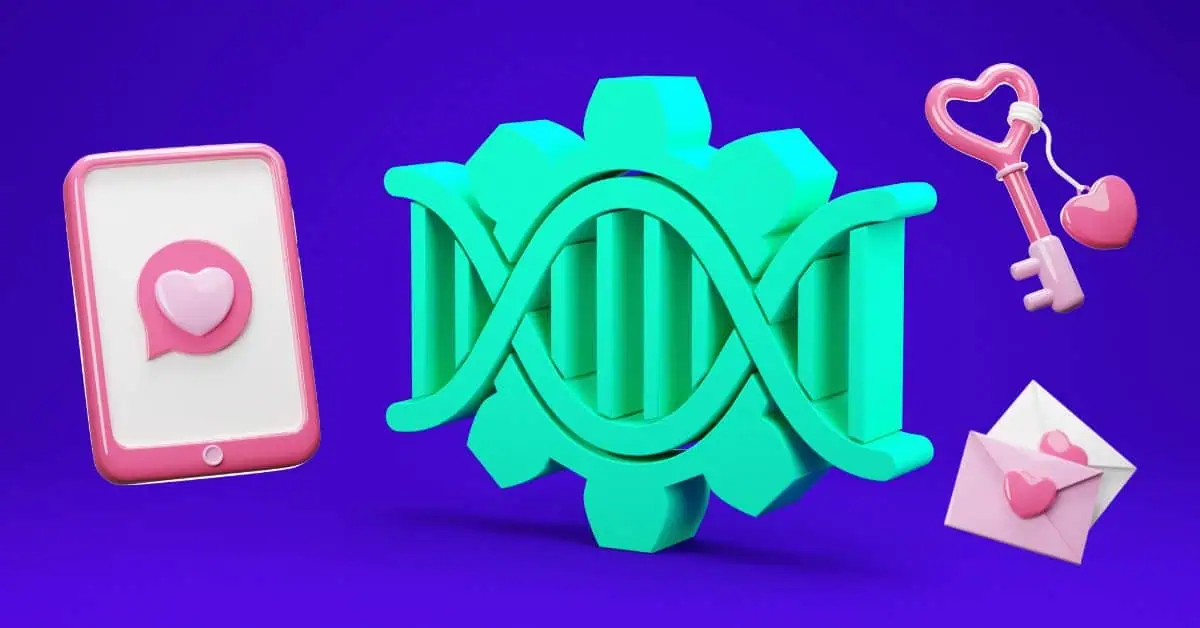The field of genetics testing, which originally focused on medical diagnostics and ancestry tracing, is now poised to expand into new realms—one of them being matchmaking.
But is that a good thing? If you haven’t seen the Apple Original movie Fingernails and want to see a fictional version of how it would work, we suggest you give it a watch. It’s interesting, and it stars Jessie Buckley!
Back to the topic at hand, and that’s the real-life use of genetic information in dating and matchmaking services. While it hasn’t happened yet, if and when it does come to fruition, it will raise some fairly big ethical questions, mirroring concerns in other sectors like employment and health insurance.
Since genetic testing for dating purposes is, for now, hypothetical, we are going to take a look at these ethical implications by extrapolating from existing discussions in related fields!

Ethical Considerations in Genetic Testing for Matchmaking
Before getting into any specific ethical issues, it’s important to understand the novel context of matchmaking services. Unlike medical or employment settings, matchmaking relies on personal preferences and social compatibility. But the use of genetic information in this personal domain raises unsettling ethical worries.

Autonomy and Consent
One primary concern is the autonomy of people and their informed consent when it comes to matchmaking services using their genetic information! Any and all services have to make sure that every participant really understands what data is being collected, how it’s used, and the implications of such use.
This parallels the ethical principle of autonomy highlighted in medical genetic testing contexts, emphasizing informed consent and respect for individuals’ decision-making rights.

Privacy and Data Security
The confidentiality and security of genetic data are of supreme importance—just like employers and health insurers have to safeguard genetic information; matchmaking services are obligated to protect all sensitive data from unauthorized access or misuse.
All concerns of privacy and potential data breaches have to be addressed so participants’ info and their genetic data, which is kind of important to keep private, is totally secure and cannot be compromised or leaked.

Accuracy and Misinterpretation
The accuracy of genetic testing and the potential for misinterpretation is another highly sensitive ethical issue. Genetic information is most often complex and context-dependent, and misinterpretations could lead to misleading or even harmful matchmaking outcomes!
This echoes concerns in employment settings where genetic info could be inaccurately used to predict job performance—it all sounds straight out of the movie Minority Report, TBH. In case you haven’t seen that film, people are arrested before they commit a crime that they’ll supposedly commit in the future. Concerning!

Non-Discrimination
There’s a high risk of genetic discrimination in matchmaking, similar to employment and health insurance contexts, so any service performing the testing has to be sure that genetic information doesn’t lead to unfair or prejudicial treatment of those participating. Upholding principles of equality and non-discrimination should be first and foremost in this particular context.

Social Implications
Beyond individual concerns, the societal impact of using genetic data for matchmaking calls for scrutiny. Questions will no doubt arise about reinforcing genetic determinism, reducing human relationships to mere genetic compatibility, and the broader societal implications of such a technologically driven approach to what is usually an organic human connection.

Legal and Regulatory Landscape
The legal framework surrounding the use of genetic information in matchmaking is still nascent! But drawing from the legal criteria in genetic testing for medical purposes, there’s a need for clear regulations to safeguard the ethical use of genetic data in matchmaking. This includes guidelines on consent, data protection, non-discrimination, and accountability of the matchmaking services using this approach.
Other Concerns
Some additional aspects should be considered when examining the ethical implications of using genetic testing for use in matchmaking services!

Psychological Impact
The psychological effects of genetic matchmaking on people should not be overlooked or minimized. After all, the knowledge of genetic compatibility could very well influence personal perceptions and expectations in romantic relationships.
Think of it as being comparable to the psychological considerations in genetic testing for health, where individuals have to process and cope with the knowledge of any potential health risks that could arise in the future due to genes they carry.

Impact on Genetic Diversity
Using genetic information for matchmaking could also have implications for genetic diversity. Interchangeable with concerns in medical genetics about population screening programs, there’s a risk that genetic matchmaking could inadvertently promote certain genetic traits over others, potentially impacting genetic diversity as time goes by and this testing evolves.

Cultural and Societal Norms
The use of genetic testing in matchmaking is more than likely to clash with cultural and societal norms regarding romantic relationship formation and building. It’s necessary to consider how these services correspond or conflict with different cultural beliefs about marriage and relationships, stacking up with ethical debates on genetic testing in diverse cultural contexts.

Transparency and Regulation
There is an obligation for absolute transparency about the algorithms and methods used in genetic matchmaking. This is pretty similar to the demand for transparency in the use of AI and algorithms in healthcare and other sectors. Regulatory bodies would have to oversee these services to guarantee they meet ethical standards and do not exploit or mislead the users.

Consumer Education
Educating consumers about the limitations and implications of genetic testing in matchmaking is crucial. This is similar to the need for patient education in medical genetics, where understanding the limitations of genetic testing is cardinal for well-informed decision-making.

Balancing Innovation with Ethical Responsibility
Finally, as with any new technology, there is a balance to be struck between innovation and ethical responsibility. While genetic matchmaking could potentially provide new ways of connecting people, it has to be approached with caution and great care to guarantee that ethical considerations are not overshadowed or straight-up ignored by technological advancement.
Takeaways
The application of genetic testing to matchmaking opens a Pandora’s box of ethical challenges and questions. While there’s definitely potential for radical and one-of-a-kind methods to finding potential compatible romantic partners, the ethical, legal, and social implications mandate hypervigilant contemplation and strong, sophisticated safeguards.
As seen in related fields like employment and health insurance, the responsible use of genetic information is priority number one to verify the respect for individual rights, privacy, and societal and moral principles.
